Important Information On Using This Service
- Ergsy carefully checks the information in the videos we provide here.
- Videos shown by YouTube after a video has completed have NOT been reviewed by ERGSY.
- To view, click the arrow in the center of the video.
Using Subtitles and Closed Captions
- Most of the videos you find here will have subtitles and/or closed captions available.
- You may need to turn these on and choose your preferred language.
Turn Captions On or Off
- Go to the video you'd like to watch.
- If closed captions (CC) are available, settings will be visible on the bottom right of the video player.
- To turn on captions, click settings.
- To turn off captions, click settings again.
Find A Professional
More Items From Ergsy search
-
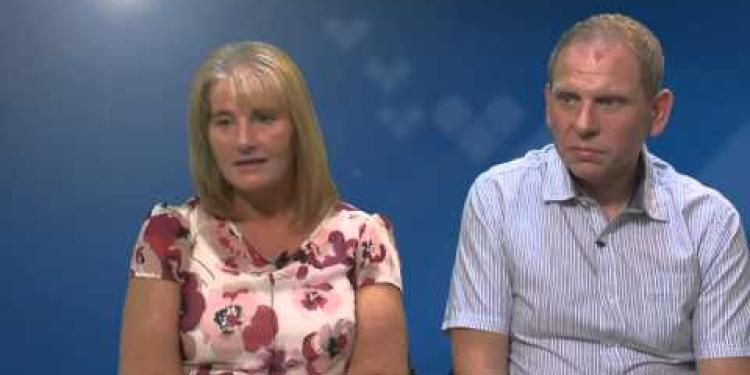
Weight Loss Surgery
Relevance: 100%
-
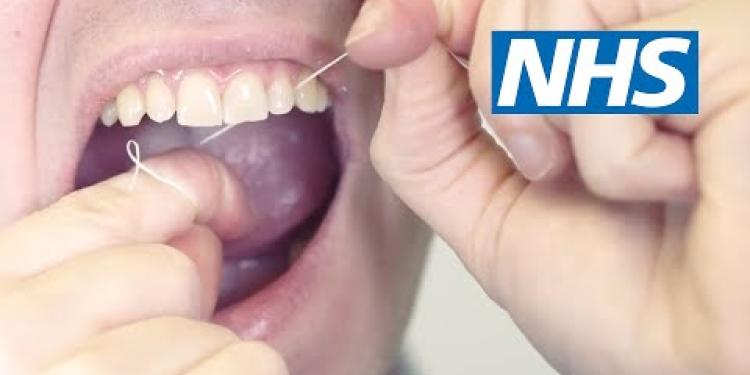
How to floss | NHS
Relevance: 82%
-
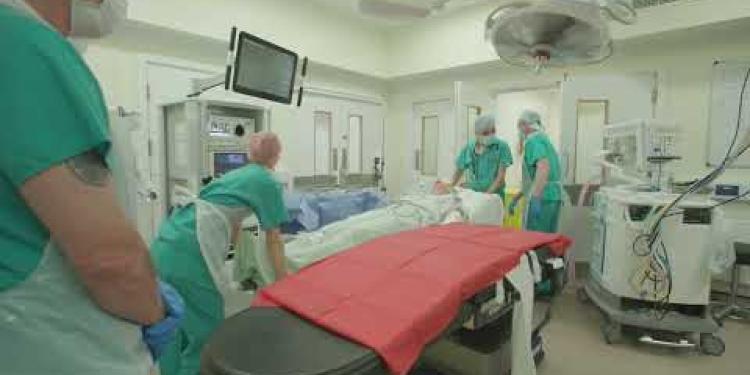
Prostate Surgery
Relevance: 52%
-
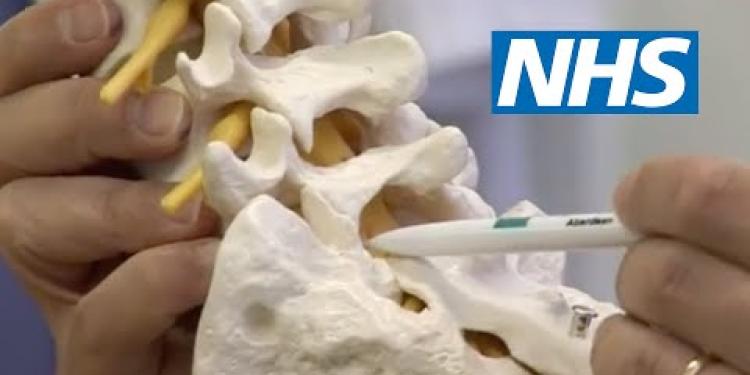
Lumbar surgery | NHS
Relevance: 51%
-

Cataract surgery can resolve life long short-sightedness?!
Relevance: 49%
-

What treatments are available for obesity?
Relevance: 47%
-
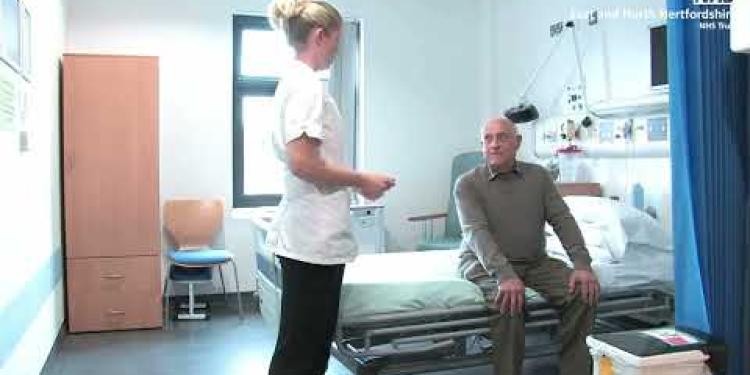
A journey to hip surgery
Relevance: 45%
-
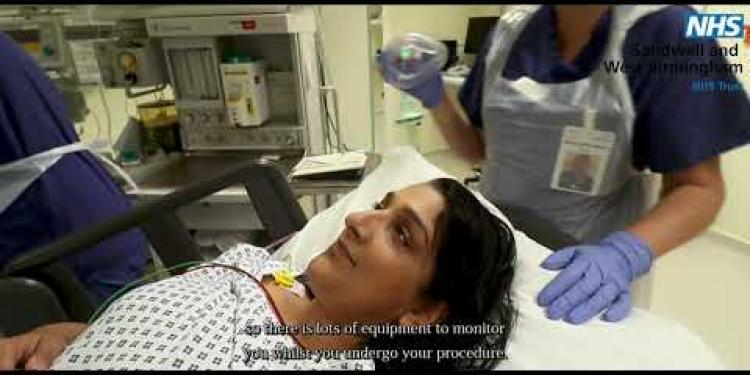
What to expect when visiting our hospitals for surgery | Theatres
Relevance: 42%
-

Thyroid eye disease. Squint surgery - The operation
Relevance: 42%
-

Is surgery necessary for Crohn's disease?
Relevance: 40%
-
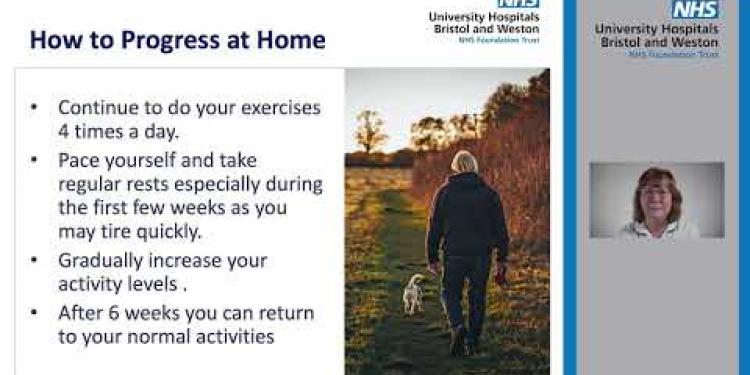
Enhanced Recovery - Hip
Relevance: 37%
-
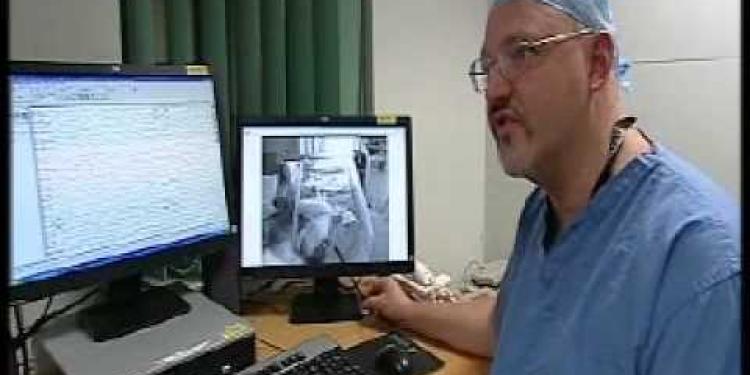
Neurosurgery for Epilepsy
Relevance: 37%
-
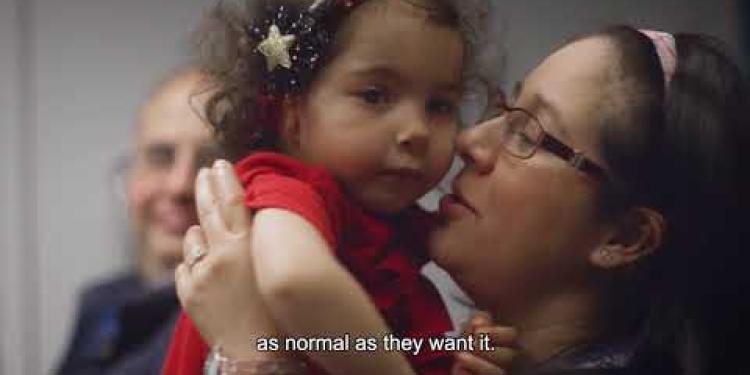
My baby has a hearing loss - what next?
Relevance: 36%
-

How many steps a day should I walk in order to lose weight?
Relevance: 35%
-
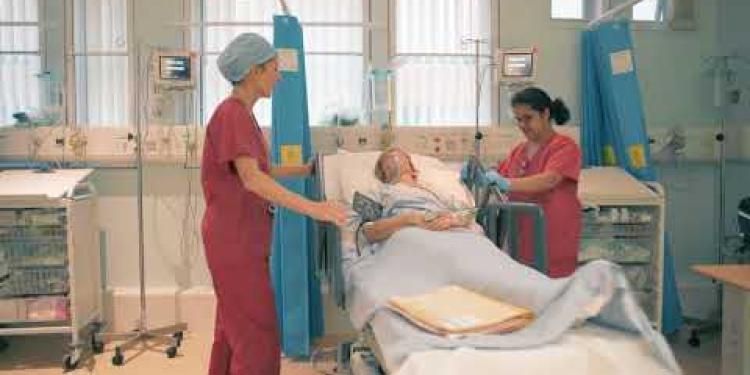
Undergoing day case surgery at University Hospitals Bristol
Relevance: 35%
-
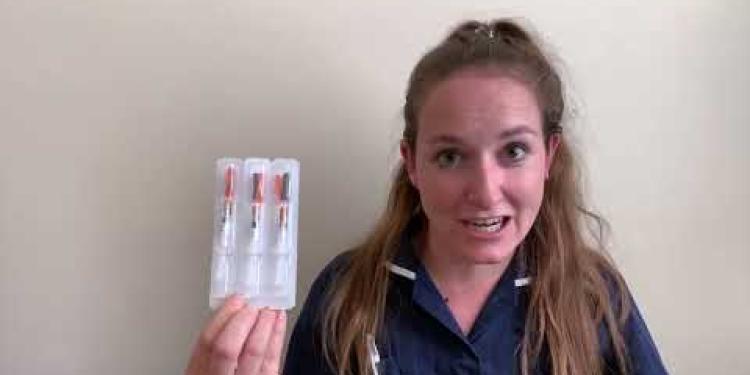
Bariatric Surgery - What to expect when you come to hospital for your operation.
Relevance: 33%
-
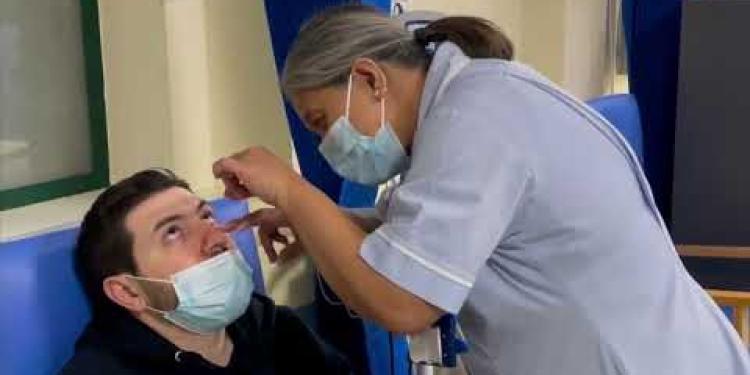
On the day of your cataract surgery
Relevance: 33%
-
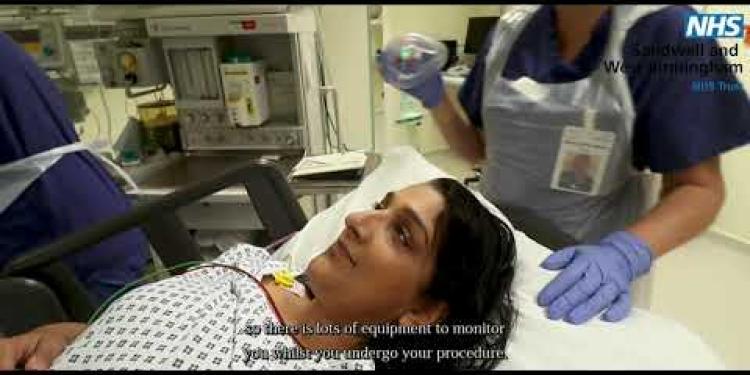
What to expect when visiting our hospitals for surgery | Theatres
Relevance: 32%
-
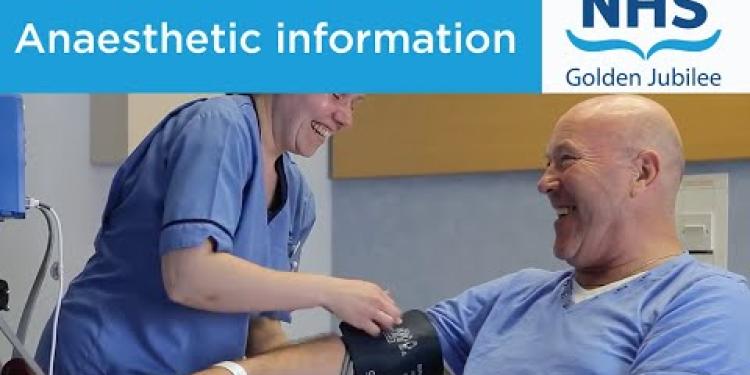
Knee replacement
Relevance: 31%
-
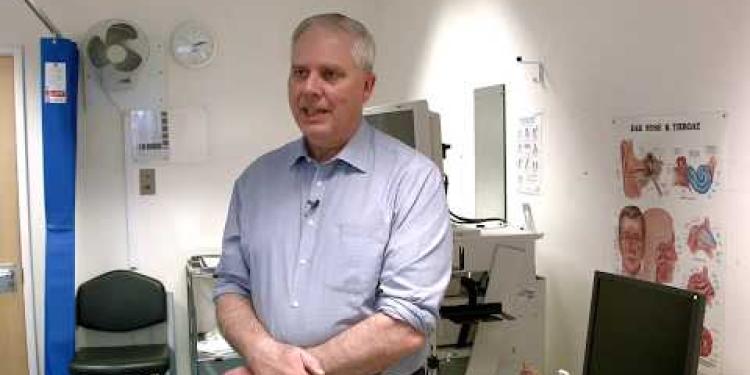
Evidence-Based Interventions: snoring surgery in the absence of Obstructive Sleep Apnoea (OSA)
Relevance: 30%
-
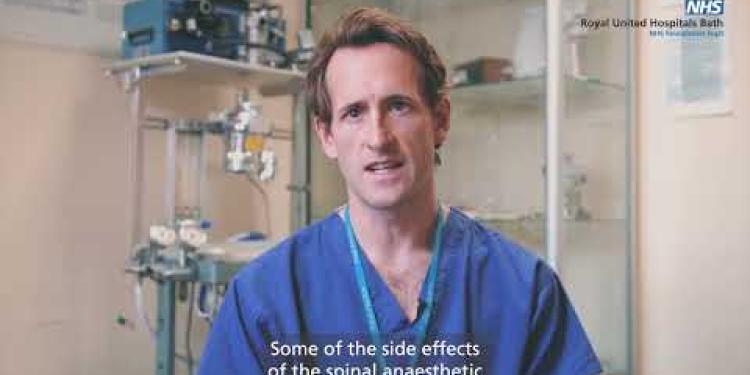
Your anaesthetic choices for your planned hip or knee replacement surgery at the RUH.
Relevance: 30%
-

What role does diet play in managing obesity?
Relevance: 30%
-
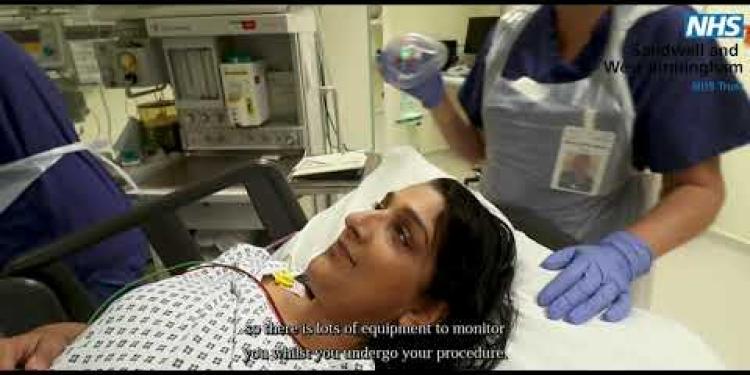
What to expect when visiting our hospitals for surgery | Theatres
Relevance: 30%
-
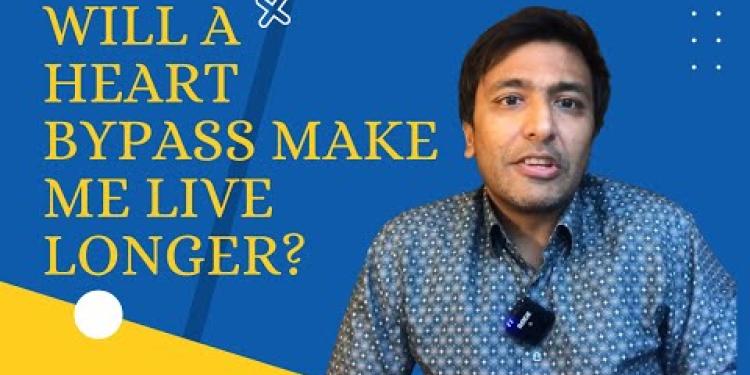
Will a heart bypass make me live longer?
Relevance: 29%
-

Post hand surgery - Stiffness management and trigger finger
Relevance: 28%
-

Inpatient Surgery at North Bristol NHS Trust
Relevance: 27%
-
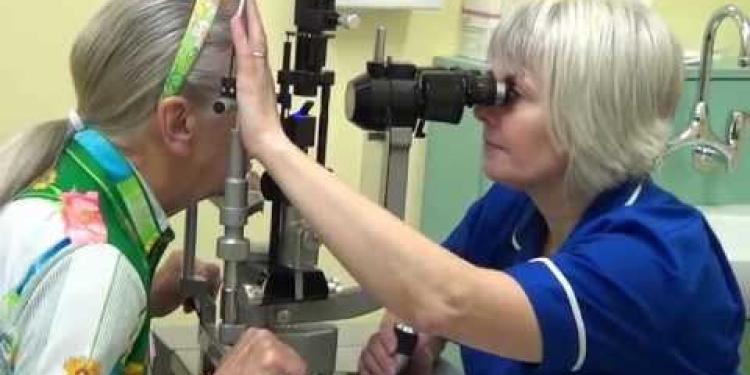
Your Cataract Operation
Relevance: 27%
-

Evidence-Based Interventions: haemorrhoid surgery
Relevance: 26%
-
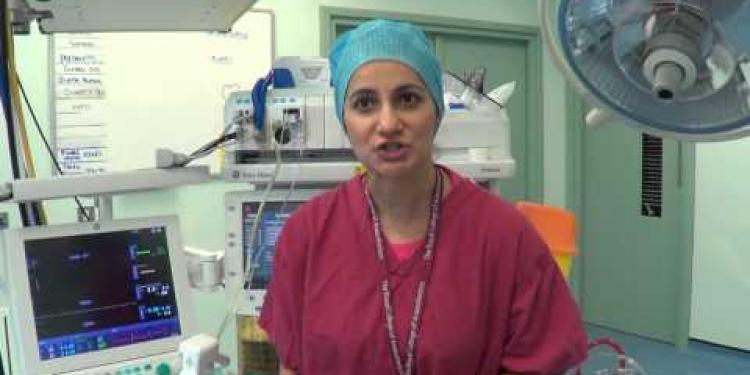
Enhanced Recovery After Surgery in Forth Valley
Relevance: 26%
-

Adoption and dealing with a Loss
Relevance: 25%
-
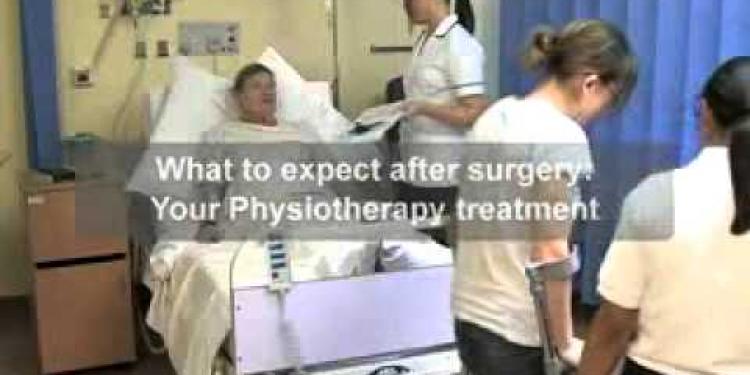
Total hip replacement
Relevance: 23%
-
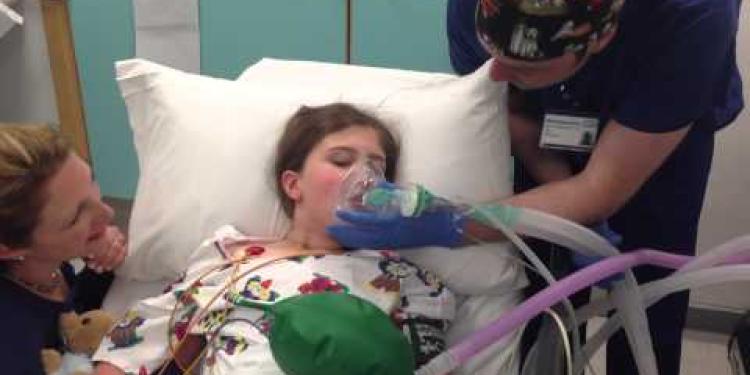
My General Anaesthetic: What's Going To Happen? Sarah's Story at Worcestershire Royal Hospital.
Relevance: 23%
-
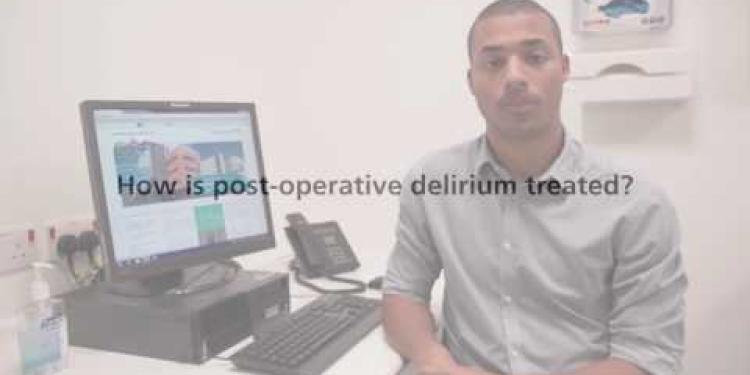
Experiencing delirium after surgery
Relevance: 22%
-
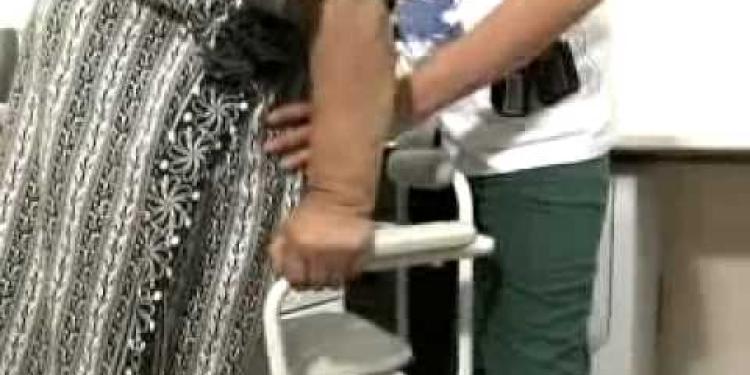
Total knee replacement
Relevance: 22%
-
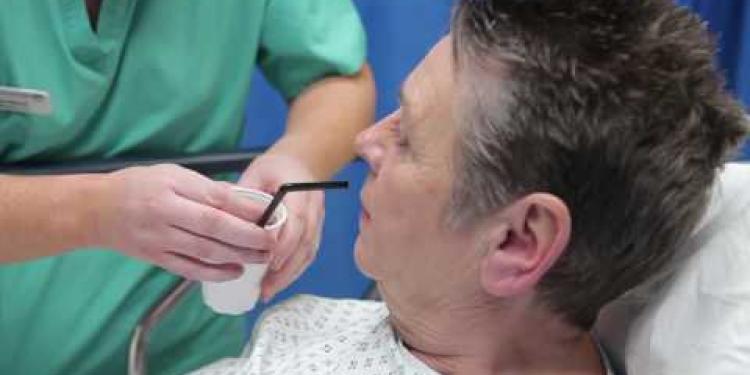
Hip replacement
Relevance: 21%
-
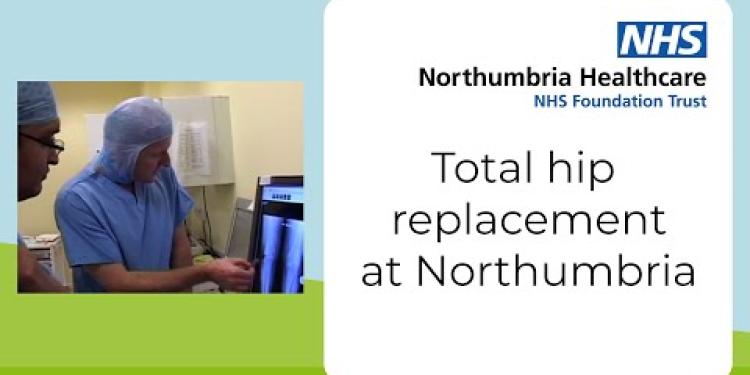
Total hip replacement at Northumbria Healthcare
Relevance: 20%
-
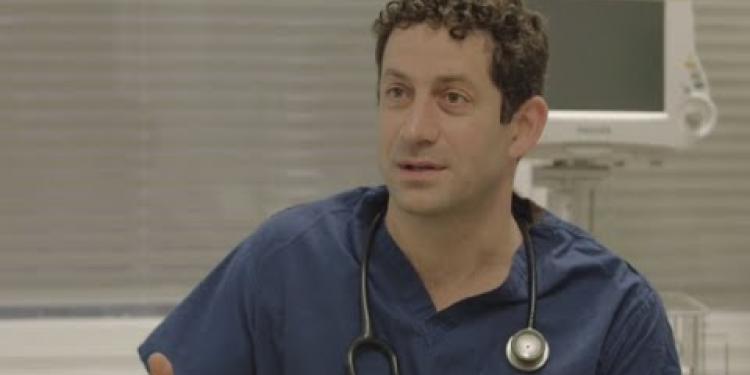
What to expect on the day of your operation
Relevance: 20%
-
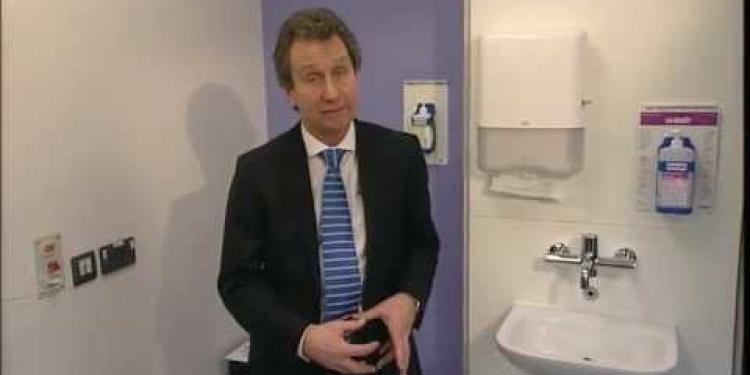
Hernias and their Treatments - A guide for patients
Relevance: 18%
-
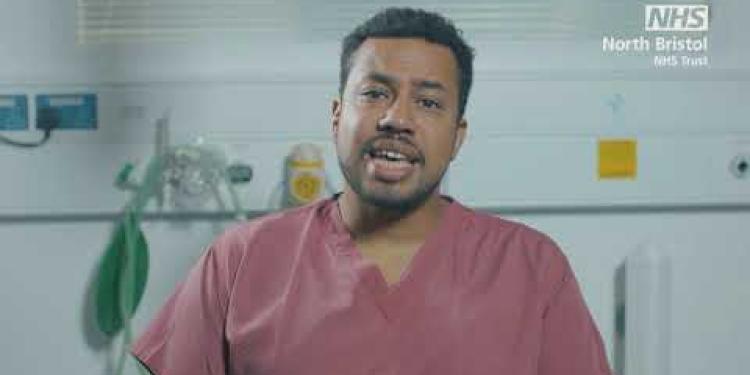
Surgery under local anaesthetic in the Minor Ops Unit at North Bristol NHS Trust
Relevance: 18%
-
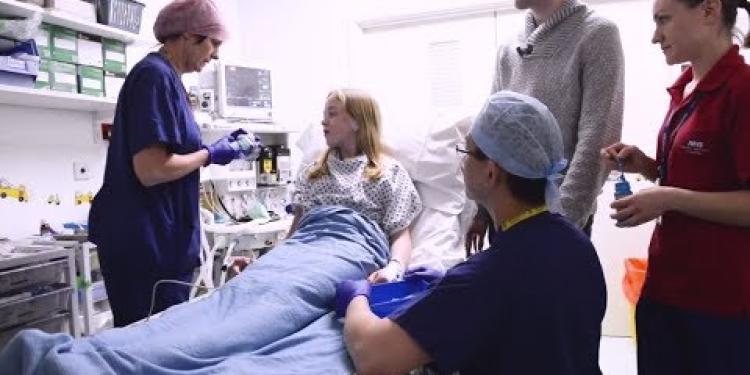
Having an operation in Oxford Children's Hospital with YiPpEe
Relevance: 18%
Understanding Weight Loss Surgery
Introduction to Weight Loss Surgery
Weight loss surgery, also known as bariatric surgery, is a medical procedure aimed at aiding significant weight loss in individuals struggling with obesity. This intervention can be a viable option for those who have not achieved success through diet, exercise, or medication. In the UK, the National Health Service (NHS) and private medical facilities both offer various types of weight loss surgeries.Types of Weight Loss Surgery
There are several types of weight loss surgeries available, including: 1. **Gastric Bypass Surgery**: This procedure creates a small pouch at the top of the stomach which is then connected directly to the small intestine, bypassing a large portion of the stomach and some of the intestines. This reduces hunger and the ability to absorb calories. 2. **Gastric Band Surgery**: In this method, an adjustable band is placed around the upper part of the stomach to create a smaller stomach pouch. The band's tightness can be adjusted, which can control the amount of food intake. 3. **Sleeve Gastrectomy**: This involves removing a large portion of the stomach, leaving a tube-like structure. This significantly reduces the amount of food one can consume and helps in producing weight-loss-related hormones.Eligibility for Surgery
Not everyone qualifies for weight loss surgery. Typically, candidates must have a body mass index (BMI) of 40 or more, or a BMI of 35-40 with a serious health condition related to obesity, such as diabetes or high blood pressure. Additionally, patients must have made multiple attempts to lose weight through non-surgical methods.Benefits and Risks
Weight loss surgery can offer several benefits, such as significant weight loss, improved overall health, and higher quality of life. Conditions such as type 2 diabetes, hypertension, and sleep apnea often improve following surgery. However, these procedures come with risks, including infection, blood clots, and nutritional deficiencies due to reduced absorption of nutrients. Long-term dietary changes and regular follow-ups are essential to maintain the benefits and reduce complications.Post-Surgery Considerations
Post-surgery, patients must adhere to a strict diet and lifestyle regimen. This usually involves consuming small, nutrient-dense meals, avoiding high-calorie foods, and committing to regular physical activity. Follow-up appointments are crucial to monitor progress and manage any potential complications.Conclusion
Weight loss surgery is a significant, life-changing decision that requires careful consideration and consultation with healthcare professionals. In the UK, both NHS and private options are available, each with its qualifications and protocols. With proper guidance and commitment, weight loss surgery can be an effective tool in combating obesity and improving health outcomes.Understanding Weight Loss Surgery
Introduction to Weight Loss Surgery
Weight loss surgery is a medical procedure. It helps people who are very overweight. This type of surgery can help those who cannot lose weight with diet, exercise, or medicine. In the UK, both the NHS and private hospitals offer this surgery.Types of Weight Loss Surgery
There are different kinds of weight loss surgeries: 1. **Gastric Bypass Surgery**: This surgery makes the stomach smaller by creating a small pouch. It connects the pouch directly to a part of the intestine, which reduces hunger and how many calories you absorb. 2. **Gastric Band Surgery**: In this surgery, doctors put a band around the top of the stomach. This makes the stomach smaller and controls how much food you eat. The band can be made tighter or looser. 3. **Sleeve Gastrectomy**: This surgery removes a large part of the stomach. It makes the stomach look like a small tube and limits how much a person can eat. It also helps with hormones that reduce hunger.Eligibility for Surgery
Not everyone can have weight loss surgery. Usually, people who qualify have a body mass index (BMI) of 40 or more. Some with a BMI of 35-40 and serious health problems like diabetes may qualify too. Patients should have tried to lose weight in other ways first.Benefits and Risks
Weight loss surgery can help people lose a lot of weight, improve their health, and feel better. It can help with problems like diabetes and high blood pressure. But there are risks, such as infections and blood clots. These surgeries can also make it hard to absorb important nutrients from food. Patients need to eat healthy and see the doctor often to stay safe.Post-Surgery Considerations
After surgery, people must follow a strict diet. They need to eat small, healthy meals. They should avoid unhealthy foods and be active. Regular doctor visits are important to check progress and handle any issues that come up.Conclusion
Weight loss surgery is a big decision. It should be thought about carefully with advice from doctors. In the UK, there are options through NHS and private care. With the right help and hard work, surgery can be a good way to fight obesity and get healthier.Frequently Asked Questions
What is weight loss surgery?
Weight loss surgery, also known as bariatric surgery, includes various surgical procedures designed to help individuals lose weight by making changes to the digestive system.
Who is eligible for weight loss surgery in the UK?
Eligibility often includes individuals with a BMI of 40 or more, or a BMI between 35 and 40 with obesity-related health conditions, such as type 2 diabetes.
What are the common types of weight loss surgery?
Common types include gastric bypass, sleeve gastrectomy, adjustable gastric band, and biliopancreatic diversion with duodenal switch.
What are the risks associated with weight loss surgery?
Risks can include infection, blood clots, anastomotic leaks, and nutritional deficiencies, among others. It's important to discuss these thoroughly with your surgeon.
How effective is weight loss surgery?
Most patients lose a significant portion of their excess weight, typically around 50-70%, depending on the type of surgery and adherence to lifestyle changes.
What is the recovery time after weight loss surgery?
Recovery times vary by procedure but typically range from one to six weeks. Full recovery and return to normal activities can take several months.
Will I need to follow a special diet after weight loss surgery?
Yes, patients need to follow a specific diet plan that progresses from liquids to soft foods and eventually to regular foods, focusing on portion control and nutritional balance.
Is weight loss surgery covered by the NHS?
Weight loss surgery may be available on the NHS for patients who meet specific criteria, such as severe obesity and related health conditions.
How much does weight loss surgery cost privately in the UK?
Private weight loss surgery in the UK can range from £5,000 to £15,000, depending on the procedure and the clinic.
Are there non-surgical alternatives to weight loss surgery?
Yes, non-surgical options include lifestyle changes, diet plans, medication, and minimally invasive procedures like gastric balloons.
Can weight loss surgery improve obesity-related health conditions?
Yes, many patients see significant improvements in conditions such as type 2 diabetes, hypertension, and sleep apnoea after surgery.
Will my weight loss be permanent after surgery?
Long-term success depends heavily on lifestyle changes, such as diet and exercise. Without adhering to these changes, some patients may regain weight.
What kind of support will I need after weight loss surgery?
Support includes medical follow-ups, nutritional counseling, mental health support, and support groups to help maintain weight loss and deal with changes.
How will weight loss surgery affect my lifestyle?
Weight loss surgery will require changes to your diet and exercise habits, and may also impact your social life and mental health. Ongoing support is crucial.
What happens if I experience complications after weight loss surgery?
If complications arise, medical intervention may be necessary. It's important to stay in contact with your healthcare team for regular follow-ups and seek immediate care if serious issues occur.
What is weight loss surgery?
Weight loss surgery is an operation to help people lose weight. It is for people who are very overweight and need extra help to be healthy. Doctors do the surgery to make the stomach smaller, so people eat less food.
If you want to know more, you can talk to a doctor. They can explain how it works and if it is right for you.
You can also use helpful tools like picture stories or videos to learn about weight loss surgery.
Weight loss surgery helps people lose weight. It is also called bariatric surgery. This surgery changes how the stomach and other parts of the body work to help people eat less and lose weight.
Who can have weight loss surgery in the UK?
If you live in the UK, you might be able to have weight loss surgery. Here is what you need to know:
- You should try other ways to lose weight first, like diet and exercise.
- Your doctor will check if surgery is the right choice for you.
- You might need to have a certain weight to have the surgery.
- Surgery can help if your weight makes you unwell.
Ask your doctor if you want to know more. They can help you understand if surgery is a good idea for you.
Use tools like pictures or charts to help you understand better. Talking with someone you trust can also help.
You might be able to get help if your BMI is 40 or more. You can also get help if your BMI is between 35 and 40 but you have health problems like type 2 diabetes.
What are the common types of weight loss surgery?
Weight loss surgery helps people lose weight. Here are some common types:
- Gastric Bypass: Makes the stomach smaller, so you eat less.
- Gastric Sleeve: Removes part of the stomach to make it smaller.
- Gastric Band: Puts a band around the stomach to make it smaller.
- Biliopancreatic Diversion: Changes the way food moves through your body. This helps you absorb fewer calories.
It's important to talk to a doctor about these surgeries. Use simple language and ask for pictures or videos if you need help understanding.
Tools like audio books or speech-to-text on phones can help you learn more.
There are different kinds of surgeries to help people lose weight. These include:
- Gastric Bypass
- Sleeve Gastrectomy
- Adjustable Gastric Band
- Biliopancreatic Diversion with Duodenal Switch
Tools or ways to help understand these better are to use pictures or videos that show how the surgery works. You can also ask a doctor to explain using simple words.
What could go wrong with weight loss surgery?
Weight loss surgery can help you lose weight, but sometimes things can go wrong. Here are some things that might happen:
- You could feel sick or have a tummy ache.
- You might have trouble going to the bathroom.
- You could get an infection, which is when germs make you sick.
- You might not heal well after the surgery.
If you are thinking about having weight loss surgery, it's important to talk to a doctor. They can help you understand the good and bad things about the surgery.
It can be helpful to bring a friend or family member to the doctor with you. They can help you remember what the doctor says. You can also try looking at pictures or videos to understand more about the surgery.
There are some things that can go wrong. You could get an infection or blood clots. Sometimes there might be leaks inside. You might also not get enough nutrients. It's important to talk about these with your doctor.
If you find reading hard, you can ask someone you trust to help you understand. You can also use apps that read text out loud.
Does weight loss surgery work well?
Most people lose a lot of extra weight after surgery. They usually lose about half to most of their extra weight. How much weight they lose depends on the type of surgery they have and if they follow healthy living tips.
How long does it take to get better after weight loss surgery?
How long it takes to get better can be different for each person. You'll start feeling better in one to six weeks. But it might take a few months before you can do everything like you used to.
Will I need to eat differently after my weight loss surgery?
Yes, you will need to change how you eat after the surgery. Here’s what to keep in mind:
- You might have to eat smaller meals.
- You should eat slowly and chew your food well.
- Drinking lots of water is important, but not with meals.
- Choose healthy foods like fruits, vegetables, and proteins.
Ask your doctor or a dietitian for help. They will give you a list of foods that are good for you. Talking to them is a good idea because they can support you and answer your questions.
Yes, people who have had surgery need to eat special foods. First, they start with drinks, then they move to soft foods, and later they can eat regular foods. It is important to eat small amounts and eat healthy foods.
Does the NHS pay for weight loss surgery?
If you need help to lose a lot of weight, you might think about weight loss surgery.
The NHS can pay for this surgery, but only in some cases. It is not for everyone.
Here are some things you need to know:
- You must really need the surgery for your health.
- You will need to show that other ways to lose weight have not worked.
- A doctor will check if it is the right thing for you.
It is a good idea to talk to your doctor. They can help you understand if you can get the surgery.
If reading is hard for you, you can ask someone to read with you or use a computer or phone to read the text out loud.
People might be able to have weight loss surgery on the NHS if they meet certain rules. These rules could be being very overweight and having health problems linked to being overweight.
If you find reading hard, you can ask someone to help you read and understand this.
How much does weight loss surgery cost if you pay yourself in the UK?
Weight loss surgery can help you lose weight. If you pay for this surgery yourself in the UK, it can cost a lot of money.
Here is what you can do:
- Ask a doctor how much it costs.
- Look online for prices. Some websites can help.
- Talk to people who have had the surgery.
Remember, you might need to pay for other things, like doctor's visits and medicine.
If you want to have weight loss surgery in the UK and pay for it yourself, it can cost between £5,000 and £15,000. This depends on what kind of surgery you have and which clinic you go to.
Can you lose weight without having surgery?
Yes, there are ways to lose weight without having surgery. Here are some things that can help:
- Healthy Eating: Eat more fruits and vegetables. Try to eat less junk food.
- Exercise: Move your body every day. You can walk, run, or play a sport.
- Talk to a Doctor: They can give you advice and support.
- Join a Support Group: Meet and talk with other people who are also trying to lose weight.
These tools and tips can help you get healthier without needing surgery.
Yes, there are ways to lose weight without surgery. You can change your daily habits, eat healthier foods, take medicine, or have simple treatments like using a gastric balloon.
Can weight loss surgery help with health problems from being too heavy?
Yes, after surgery, many people get a lot better. It can help with type 2 diabetes, high blood pressure, and problems sleeping. If you want to learn more, you can use apps that read text out loud or talk to someone who can help explain it.
Will I stay slim after surgery?
If you have surgery to lose weight, it can help you become slim. But staying slim needs work.
Here are things to help:
- Eat healthy food like fruits and veggies.
- Exercise regularly, like walking or playing.
- Visit your doctor or nurse to check how you are doing.
These help make sure you stay healthy and slim.
If you want to keep your weight healthy for a long time, you need to change how you live. This means eating healthy food and moving your body, like playing or exercising. If you don't make these changes, you might put on weight again.
What help will I need after having weight loss surgery?
If you have weight loss surgery, you will need some help to feel better and stay healthy. Here are some ways you can get help:
- Doctor Visits: Go to your doctor appointments to check how you are doing.
- Eating Better: A dietitian can teach you what foods to eat and how much.
- Exercise: Start moving and exercising little by little. This helps your body stay strong.
- Support Groups: Talk to others who have had the same surgery. They can share tips and make you feel better.
- Family and Friends: Ask your family and friends to help you with things at home.
Remember to always talk to your doctor if you have questions or feel worried. They are there to help you.
Support means getting help to stay healthy. This help includes visiting the doctor, talking about healthy food, getting help for how we feel, and meeting with others to talk about losing weight and dealing with changes.
What will happen to my life after weight loss surgery?
Weight loss surgery can change your life. You might eat smaller meals. You may need to move your body more. It's important to take care of yourself. A doctor can help you with what to eat and how to exercise.
Some tools that can help are:
- Talking to a doctor or nurse
- Keeping a diary of what you eat
- Using an activity tracker to see how much you move
Weight loss surgery means you will need to change how you eat and exercise. It can also affect your time with friends and how you feel. Getting help from others is very important.
What if I have problems after weight loss surgery?
If you have problems after your weight loss surgery, here’s what you can do:
- Tell your doctor. They can help you.
- Go to the hospital if you feel very sick.
- Ask family or friends for help if you need it.
Use tools and techniques like:
- Keeping a diary of how you feel each day.
- Using a phone to set reminders for medication or appointments.
- Talking to a support group.
If there are problems, you might need to see a doctor. It's really important to keep talking to your doctors. Visit them often and go quickly if anything feels very wrong.
Useful Links
Have you found an error, or do you have a link or some information you would like to share? Please let us know using the form below.
- Ergsy carfully checks the information in the videos we provide here.
- Videos shown by Youtube after a video has completed, have NOT been reviewed by ERGSY.
- To view, click the arrow in centre of video.
- Most of the videos you find here will have subtitles and/or closed captions available.
- You may need to turn these on, and choose your preferred language.
- Go to the video you'd like to watch.
- If closed captions (CC) are available, settings will be visible on the bottom right of the video player.
- To turn on Captions, click settings .
- To turn off Captions, click settings again.